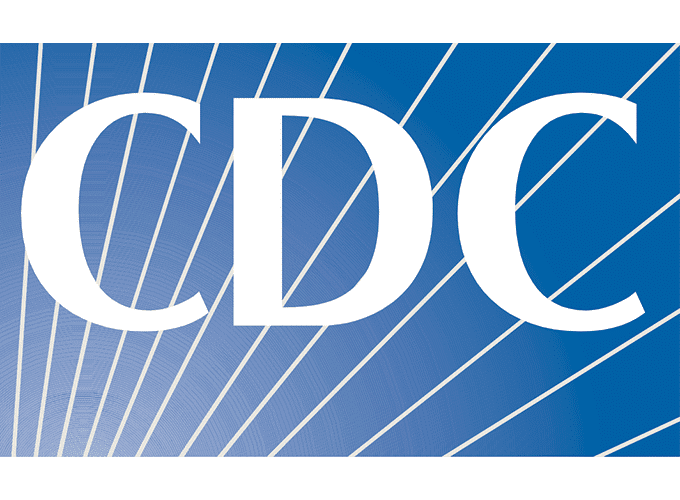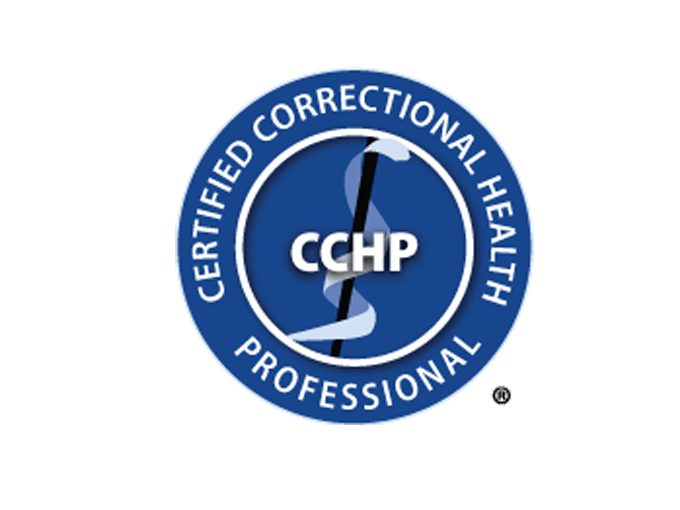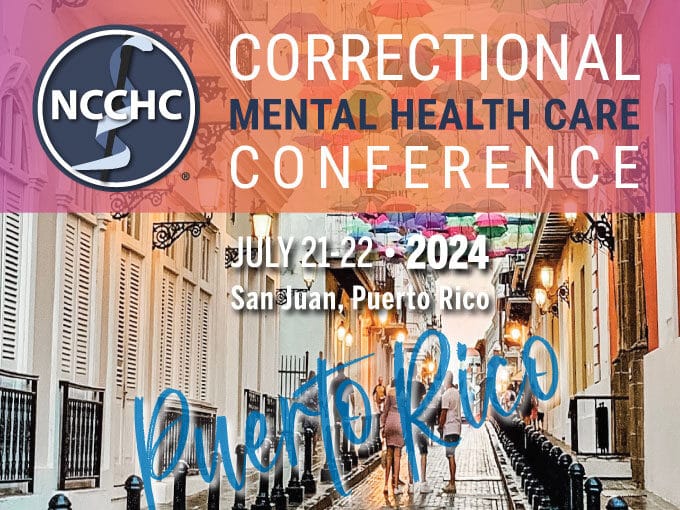
Standards Q&A: 75% Custody Health Training Requirement
Does the 75% requirement refer to all custody staff or only those working during
Home Screening for Syphilis in Jails Helps Address the Syphilis Epidemic
 Dec 14, 2023
Dec 14, 2023If you have been seeing an increase in patients with syphilis, including those who are pregnant, in your jail or prison health care services, you aren’t alone. In the United States, despite declines in perinatal infections such as HIV and hepatitis B, cases of congenital syphilis, a result of perinatal transmission of syphilis, have shown an alarming increase. A recently released report from the CDC showed a 10-times increase from 2012 to 2022, rising from 335 to 3,761.
Congenital syphilis poses severe risks, including stillbirth, miscarriage, neonatal death, and potential long-term complications for untreated infants. Notably, the surge in congenital syphilis aligns with the increases observed in primary and secondary syphilis cases among women of reproductive age, escalating by 810% from 2012 to 2022.
Syphilis can be easily prevented through timely testing and treatment; however, a mix of individual and systemic factors poses barriers to accessing care. Lack of timely testing and adequate treatment during pregnancy contributed to almost 90% of congenital syphilis cases in 2022, and 40% of infants with congenital syphilis were born to people who had received no prenatal care. Furthermore, 2021 sexually transmitted disease (STD) surveillance data indicated that most syphilis cases are identified outside of traditional STD clinics. This underscores the need to screen for syphilis outside traditional prenatal care and STD clinics; for example, jails that provide clinical services could support screening at intake or at the first medical provider encounter.
Jail and prison health care services can serve as potential intervention points for syphilis testing and treatment, as a significant proportion of people with syphilis either have a history of incarceration or are linked to a partner with such a history. With the introduction of syphilis testing at intake among women’s jails, we can quickly identify syphilis cases and link individuals to treatment.
Below are considerations for jails and prisons, and other correctional or detention facilities with health care services:
Correctional health is community health. Jail and prison health care services can help prevent the devastating health effects of syphilis and protect infants from suffering preventable long-term consequences. Fostering collaboration between correctional facilities, health departments, and programs can broaden access to syphilis testing and treatment and stop the syphilis and congenital syphilis epidemic in the United States.
For more information, see the Morbidity and Mortality Weekly Report, Missed Opportunities for Preventing Congenital Syphilis — United States, 2022, and contact Fanta Drame, public health advisor in the Division of STD Prevention at the Centers for Disease Control and Prevention.
By Fanta Nani Drame, MPH, Mariel Marlow, PhD, MPH, Robert McDonald, MD, Kevin O’Callaghan, MB, BCh, BAO, and Phoebe Gates Thorpe, MD, MPH, with the CDC’s National Center for HIV, STD, and TB Prevention. The findings and conclusions in this blog are those of the author(s) and do not necessarily represent the official position of the Centers for Disease Control and Prevention.


